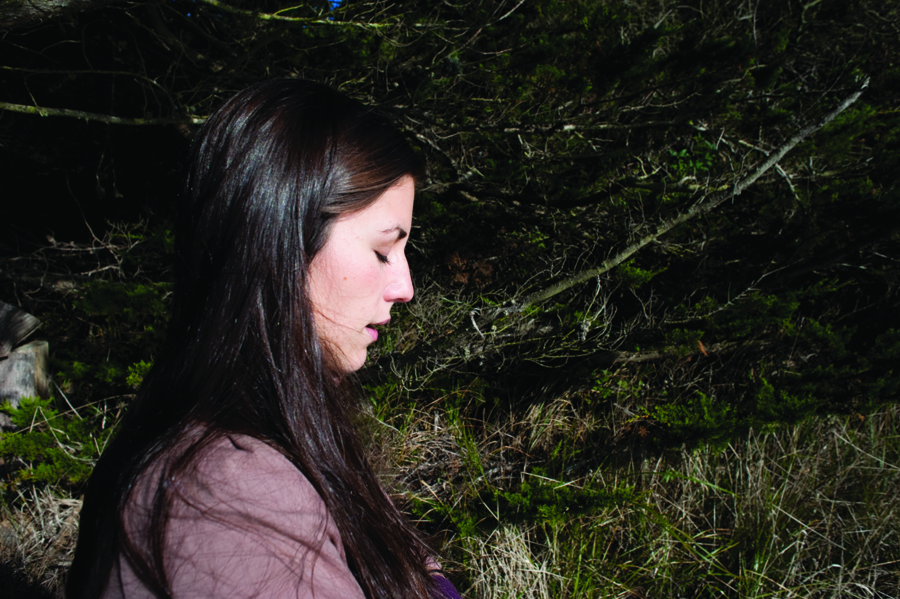On the floor of her rented bayside residence in Marshall, 27-year-old Claire Herminjard has spent the past ten months plotting her entrance . . .
A mindful cut of meat


On the floor of her rented bayside residence in Marshall, 27-year-old Claire Herminjard has spent the past ten months plotting her entrance . . .